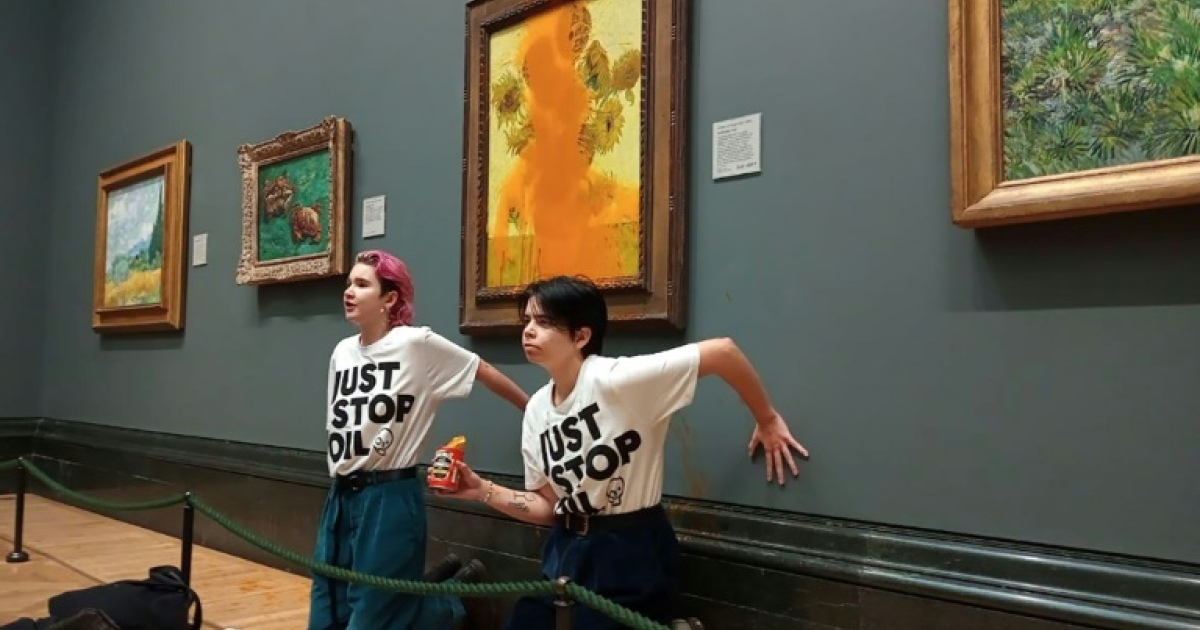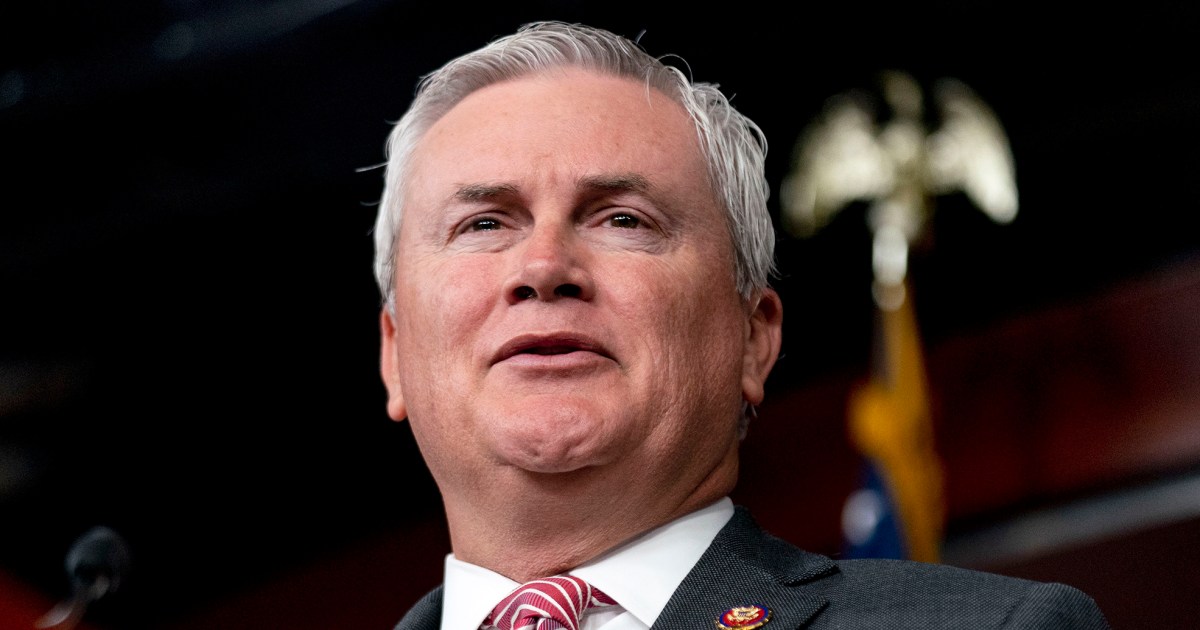Boris Johnson is throwing a £1.57bn lifeline to the UK’s struggling arts and heritage sector in a bid to prevent further lay-offs and permanent closures of institutions nationwide.
The long-awaited rescue package is being described by the government as “the biggest one-off investment in UK culture” and follows “weeks of desperate warnings that the UK was facing an irreversible cultural catastrophe without targeted support”, The Guardian says.
Ministers say that the package will “protect the future of the country’s museums, galleries, theaters and music venues”, the newspaper adds. The bailout announcement comes weeks after arts industry leaders told the Commons Culture Select Committee that half of all music venues and 70% of theatres across the UK faced closing their doors for good as a result of the coronavirus crisis.
Chancellor Rishi Sunak said that the government “accepted the argument made by Britain’s artistic leaders that the need for social distancing for the foreseeable future could devastate the cultural life of the country”, the Financial Times reports.
The settlement was secured by Culture Secretary Oliver Dowden and includes £880m of grants for the financial year to April 2021, as well as £270m of repayable loans. Dowden is also due to announce a further “£100m of targeted support for national cultural institutions in England and £120m to restart construction work at cultural sites”, according to the paper.
Decisions on where the bailout money will be spent will be made by bodies including the British Film Institute, Arts Council England, the National Lottery Heritage Fund and Historic England.
But the sector is facing continuing uncertainty about when arts venues and events will be able to pull up the curtain.
The prime minister has pledged to set out a “timetable this week for when mass events can resume, but it is thought theatres, concerts and festivals may have to wait until 2021 to restart”, says the Daily Mail.
All the same, cultural leaders have welcomed the unprecedented funding boost “as a game changer for the creative industries”, The Times reports.
In a joint statement, the directors of the Science, Natural History, British and V&A museums, and of the National and Tate galleries, said that the payments showed the “government has recognised its duty of care for the national collections”.
“Emergency assistance this year will enable us both to care for the collections and secure safe, free access to our galleries,” they added.
Playwright James Graham told The Guardian of his “absolute relief and gratitude” for the “surprisingly ambitious package, especially when you compare it to some of our European neighbours”.
Alex Beard, chief executive of the Royal Opera House, also applauded the bailout. “There is much to achieve over the coming months and this package will be a catalyst for unlocking the extraordinary creativity embedded in the UK’s world-renowned creative industries,” he said.
Some critics are unconvinced, however.
While welcoming the bailout, The Telegraph’s arts editor Ben Lawrence argues that “the funding announcement currently offers more questions than answers”.
For some institutions, the bailout “is far too late”, he says, adding that the money “must be paired with clear guidelines on when live venues can reopen”.
“My feeling is that loans on easy terms will be given to bigger institutions such as the Royal Albert Hall… while smaller operations such as the country’s repertory theatres will be in line for grants,” Lawrence concludes.
“Most importantly, there are still no government guidelines on theatres reopening, so the package might still end up as a sticking plaster.”

















